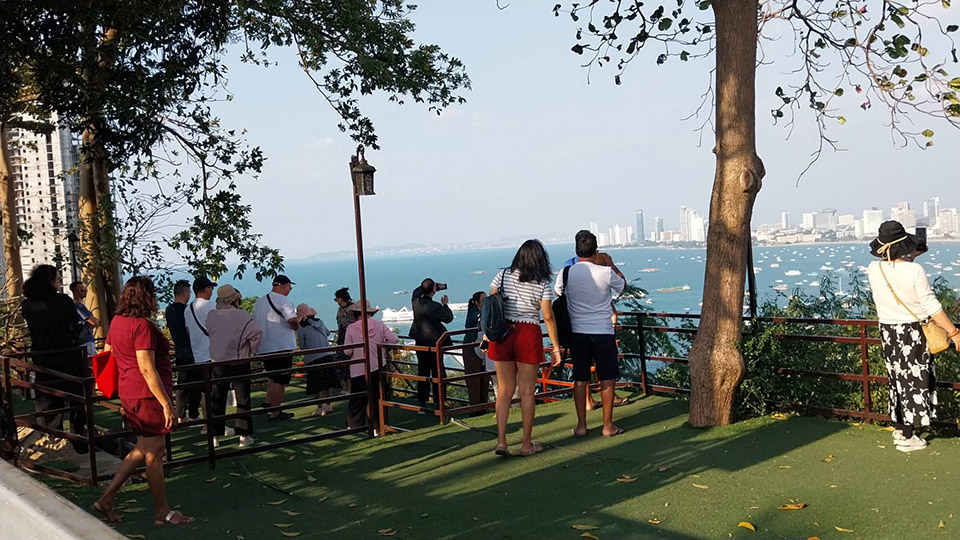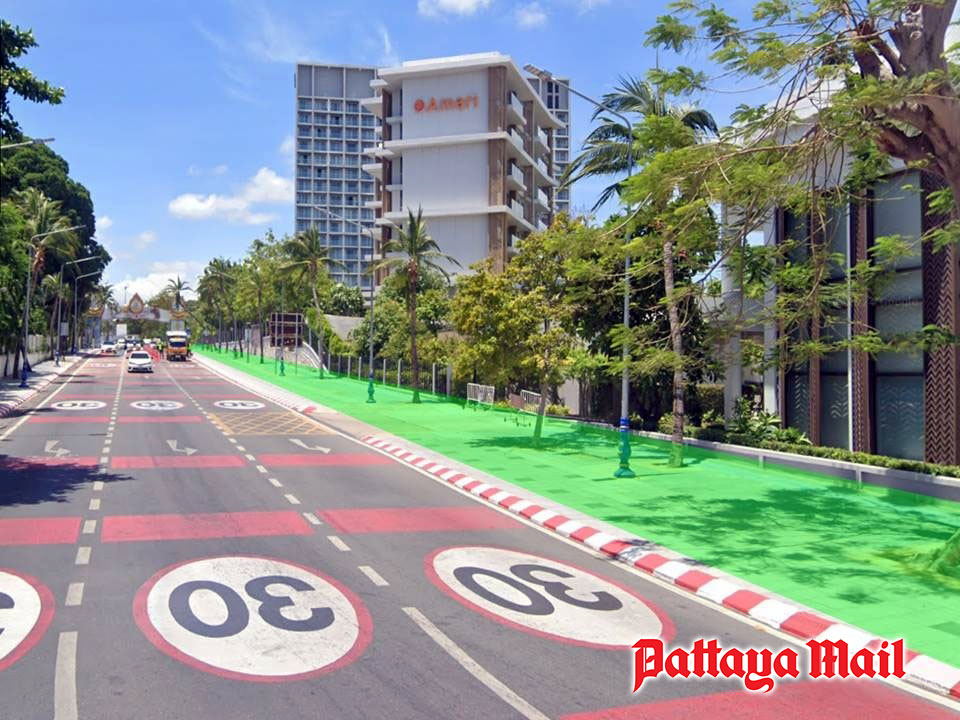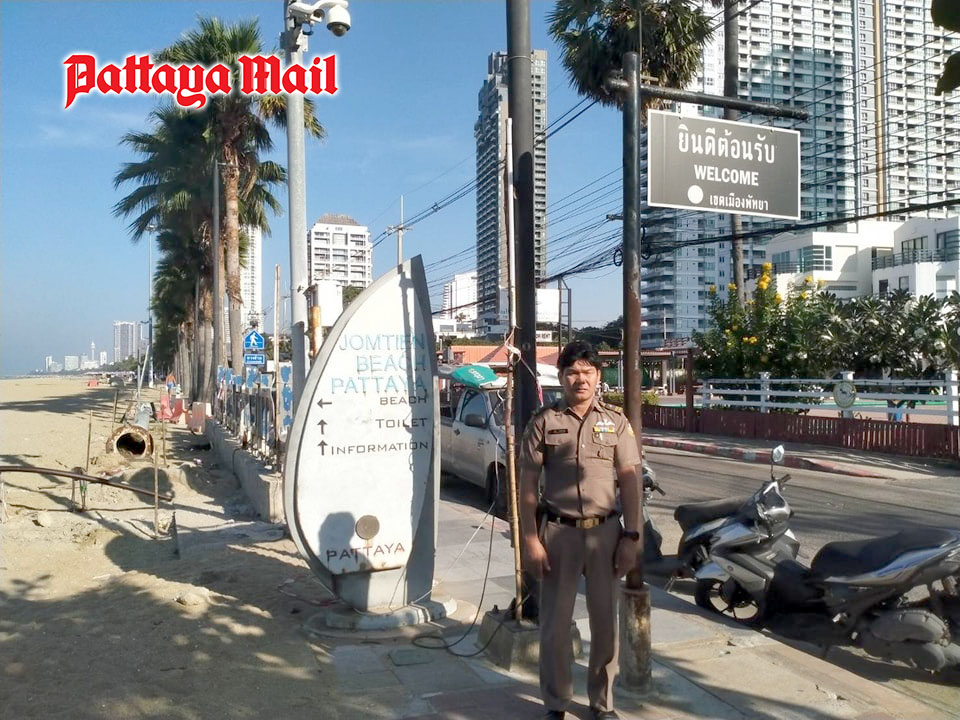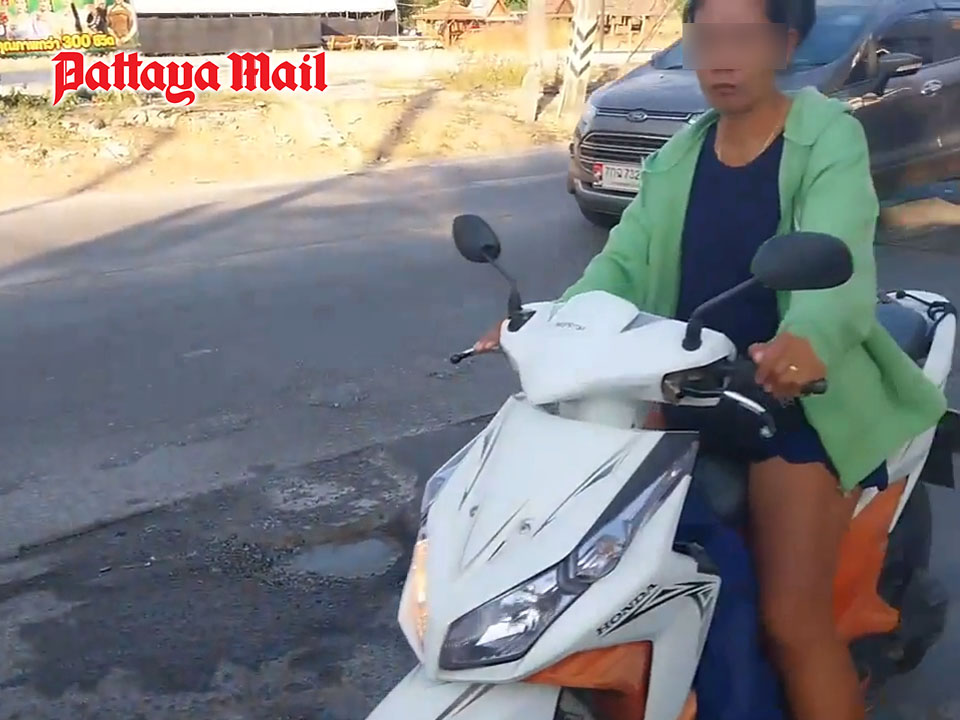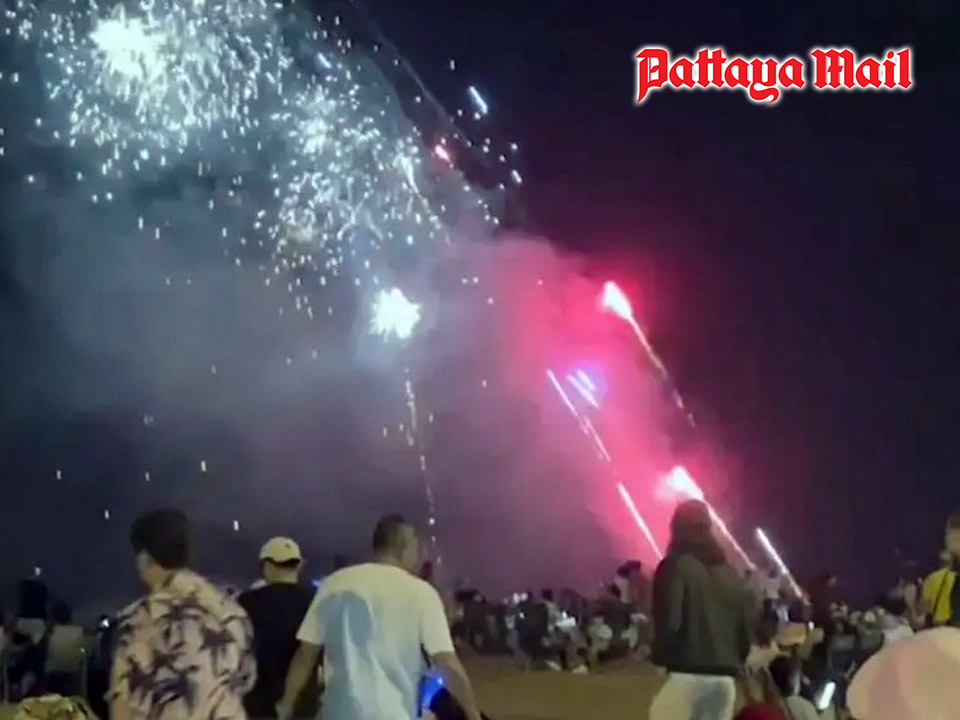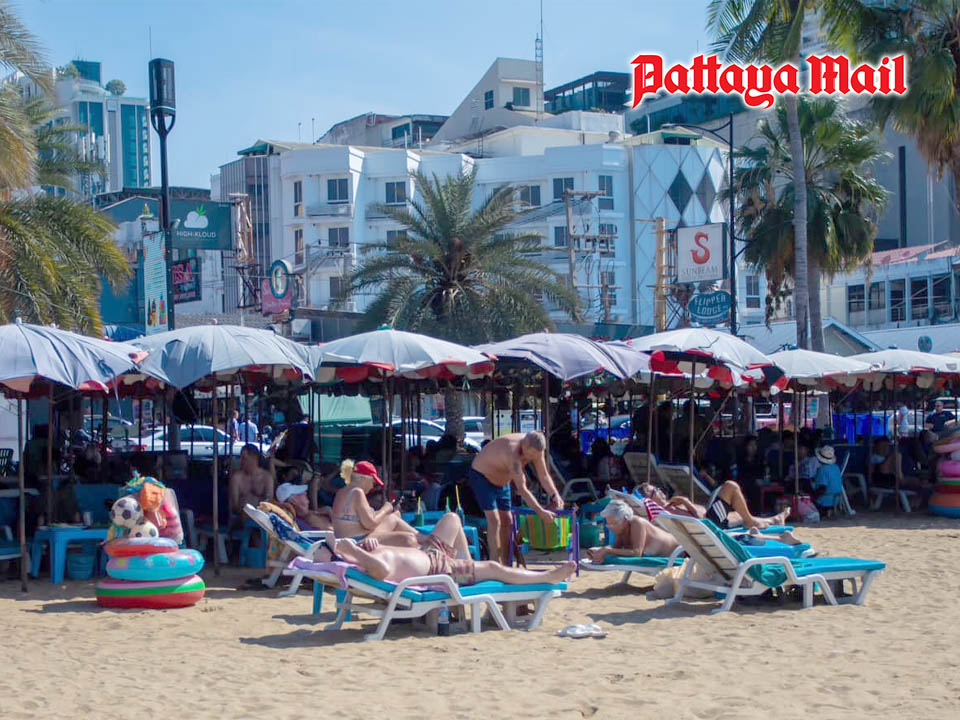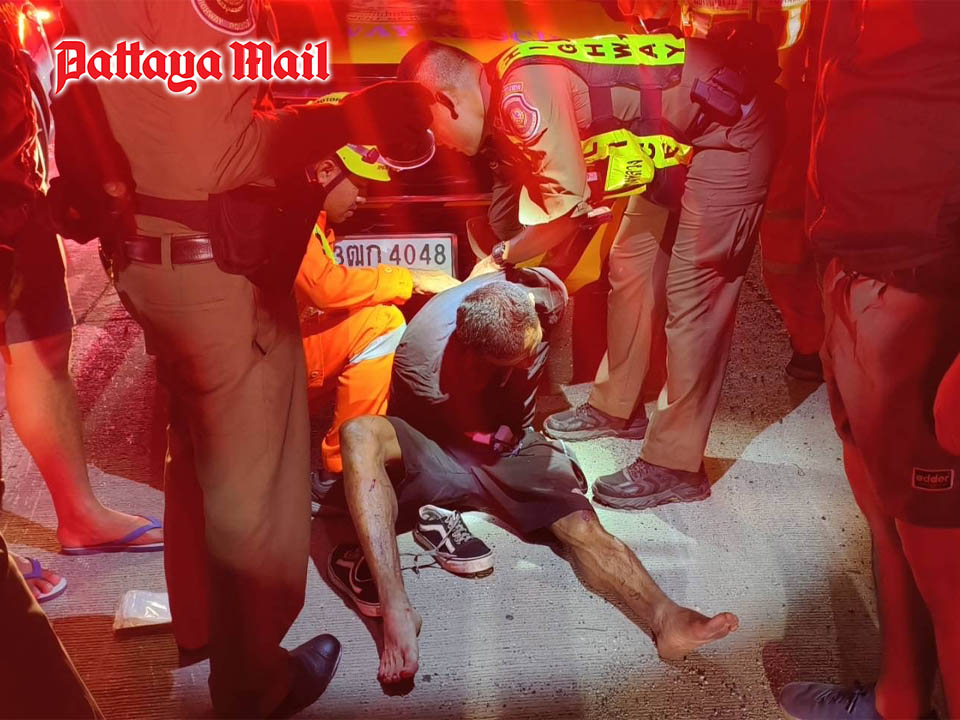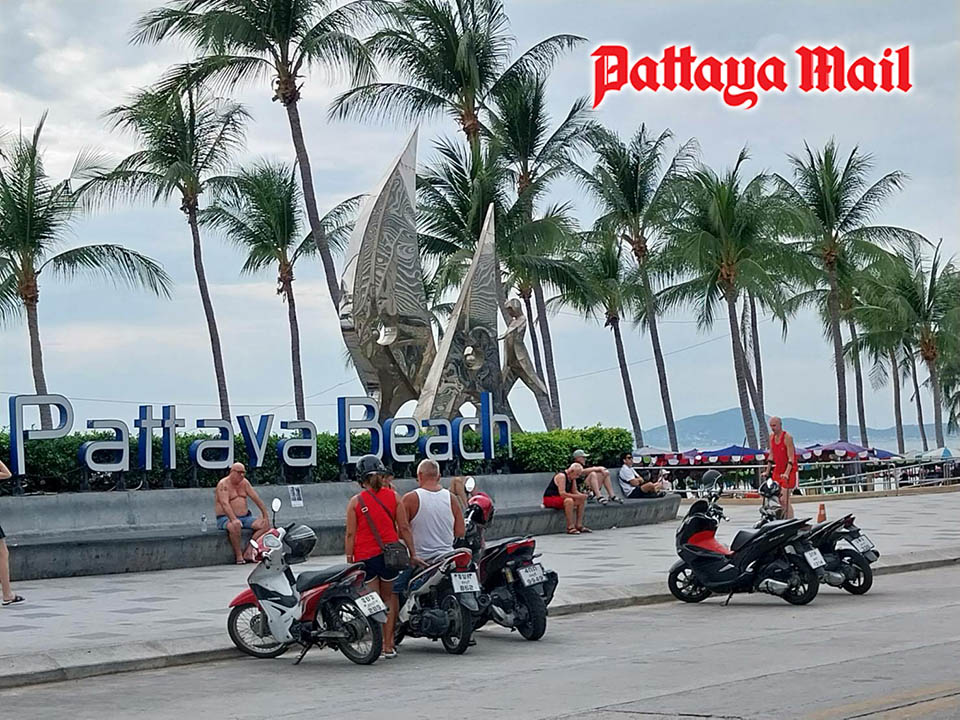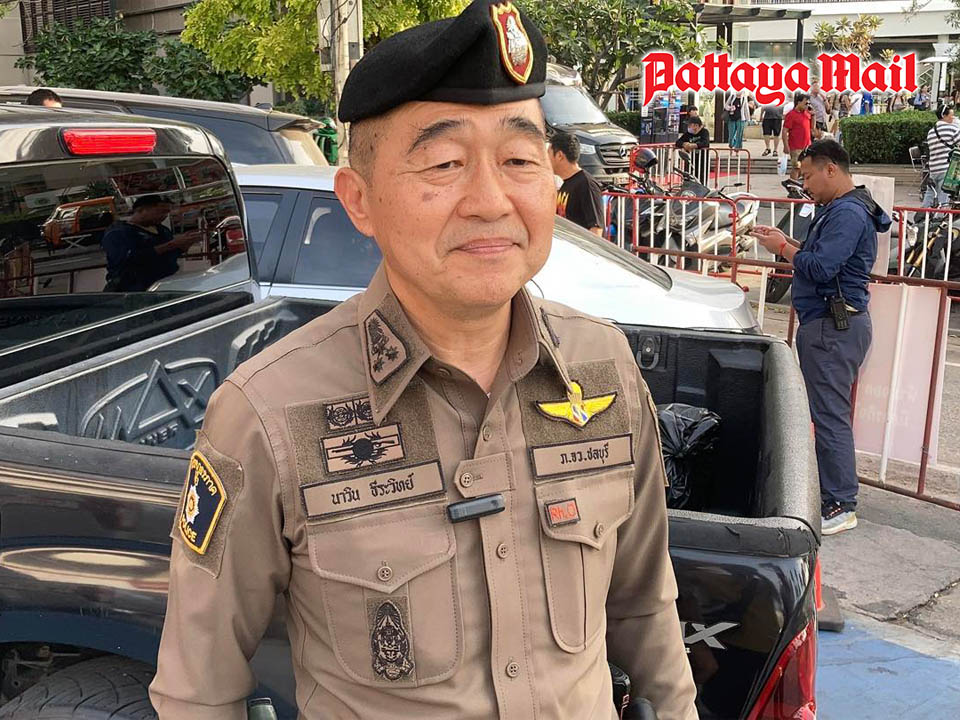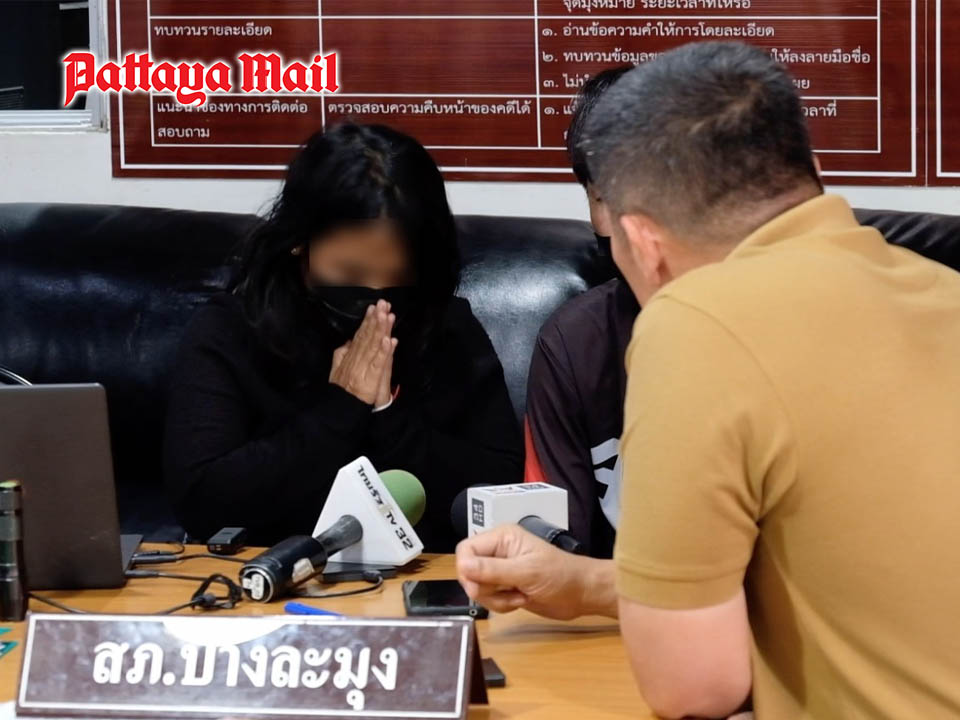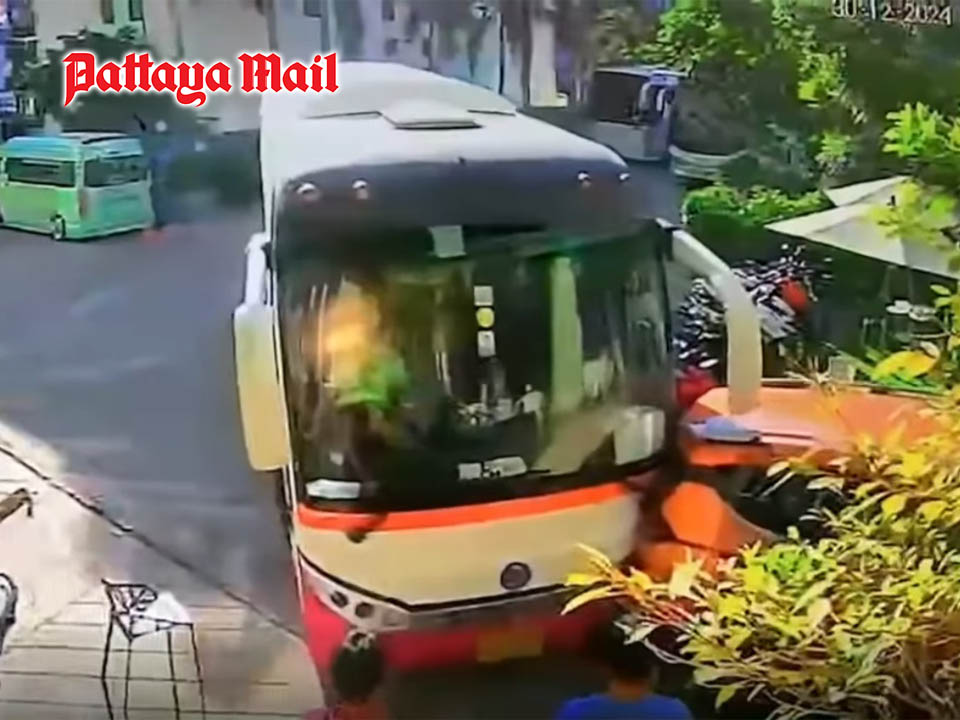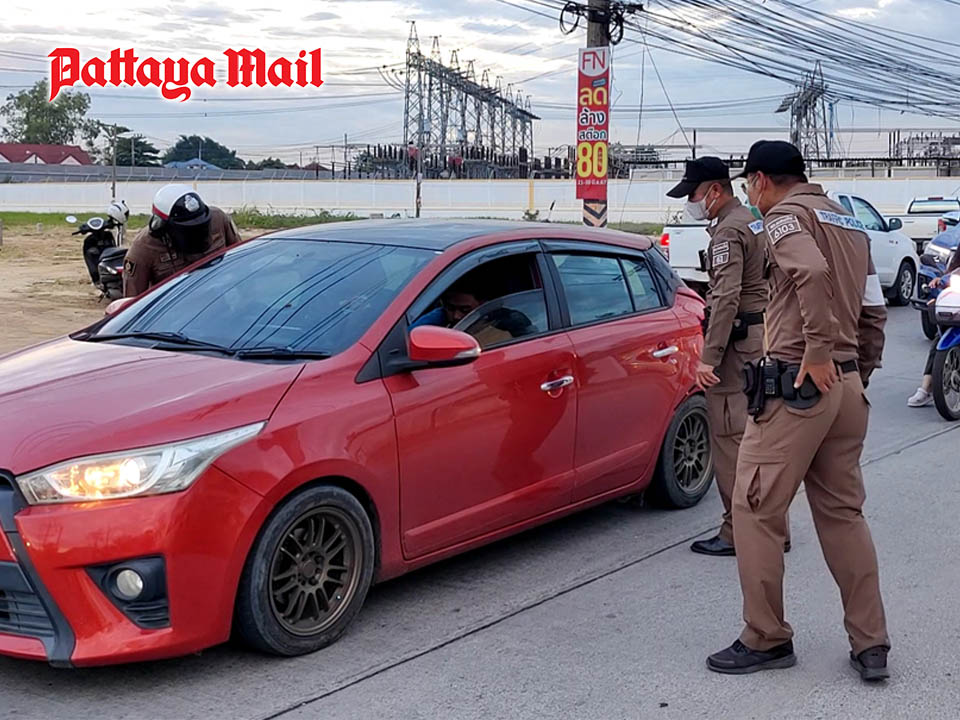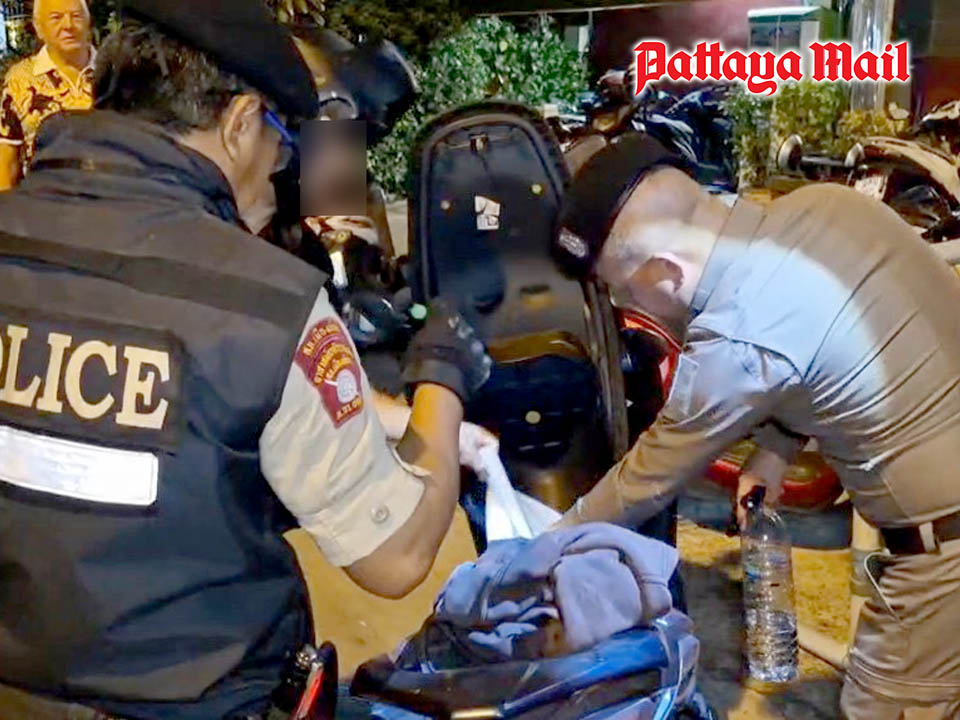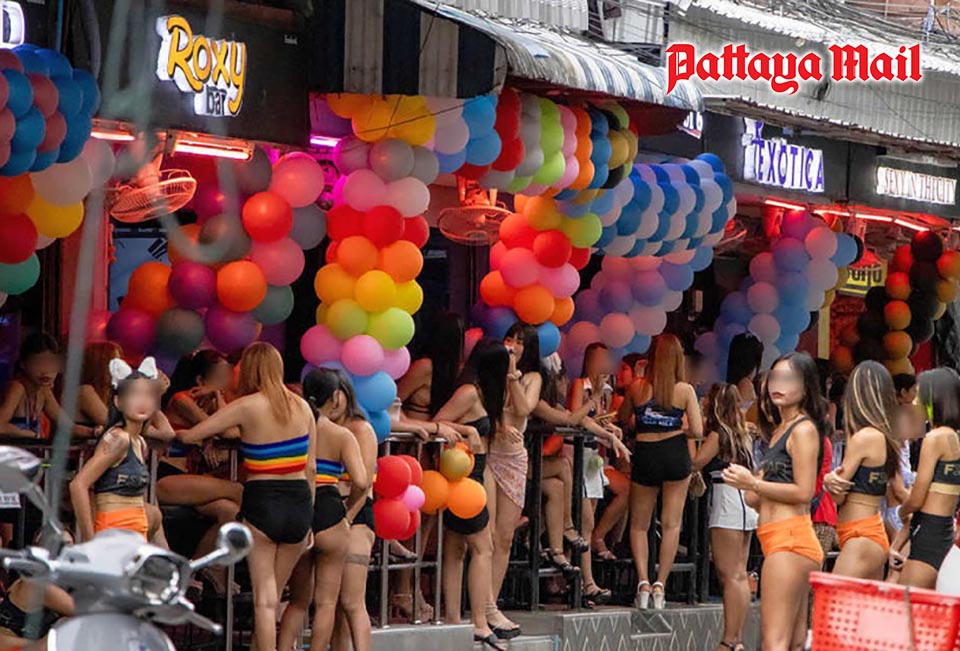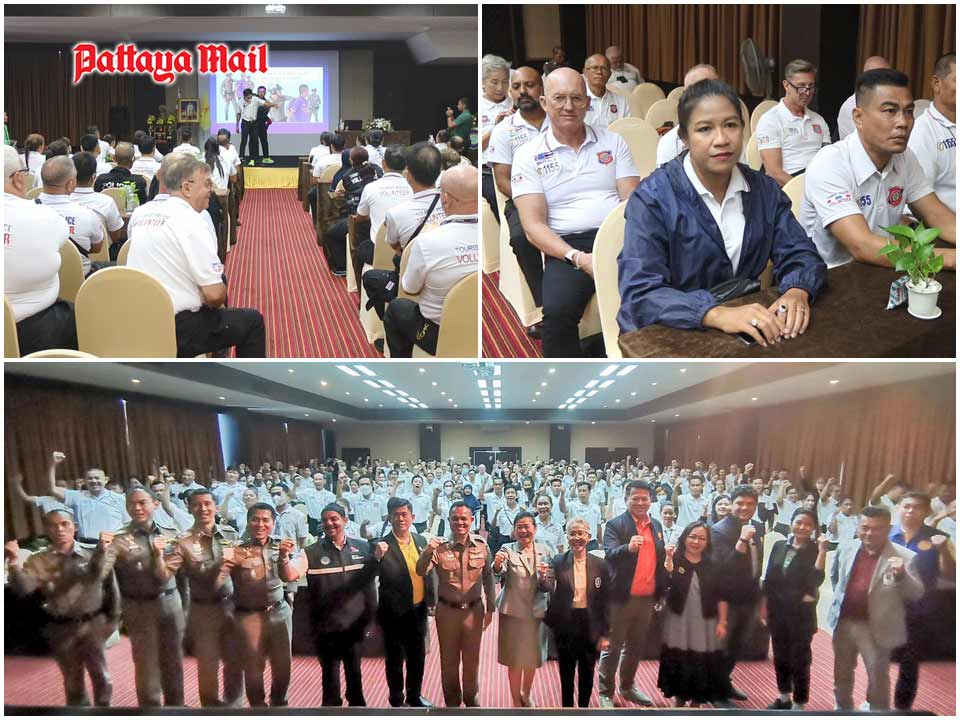
SUNDAY EDITORIAL
The news that a group of young Chinese paid 38,000 baht (US$1,500) to attend a course at a private Bangkok university, to receive in exchange police gear plus an ID with the logo of the Central Investigation Bureau, has resulted in the transfer of two senior cops pending an investigation. Meanwhile in Na Jomtien, the station chief explained that he had issued several police adviser cards to Chinese, Russian and Indian nationals. He emphasized the language divide and the shortage of funds to hire more salaried officers.
There is a rapidly changing national profile of tourists and expats in Thailand. English is no longer the default language at Walking Street, the immigration bureau or most other places where foreigners gather. Chinese gamblers and online scammers are arrested almost on a daily basis but, when questioned, commonly claim they don’t understand a word of Thai or English. Several dozen Russians were recently injured in a serious traffic accident at Pong toll plaza, near Pattaya, again highlighting the need for native speakers in an emergency. Alternatives such as contacting the appropriate embassy for immediate help can be over-optimistic, especially at night when most of the action occurs.
The use of foreign police volunteers in Thailand goes back 30 years or more when most police officers did not speak any English, then the default foreign language in tourist cities. In the early 2000s the highlight was a series of documentaries (still available on the internet) highlighting Pattaya’s Foreign Tourist Police Volunteers sorting out bad behavior on the Walking Street district which was then much a much tougher district than it is today. The series emphasized that the volunteers had no powers or arrest, acting alone, and could not operate at all without the permission of their tourist police assistants.
It’s a common misunderstanding that foreign volunteers nationwide are restricted to the tourist police division. In fact, they are attached to city police forces, immigration (notably in Phuket) and the traffic division, also acting as translators in Thai courts or even as staffers in public emergency vehicles. There are few national rules, so it’s up to station commanders or regional officials to agree whether they wish to encourage, tolerate or refuse participation by international expats. Uniforms, registration, procedures, accountability and dismissals are all local issues. However, carrying of firearms and taser-incapacity devices are banned outright.
Corrupt practices and abuses, needless to say, are a key issue. A police volunteer was jailed for blackmailing foreign tourists, whilst traffic assistants were dismissed for pocketing fines. Sometimes corrupt regular officers work in conjunction with “bad egg” volunteers whose motives are far removed from a community-orientated public spirit. It’s a question of balancing the value against the risk. Cambodian police, to quote a different approach, regularly use foreign volunteer assistance but rarely permit the wearing of police look-alike uniforms or the issuing of identity cards with official police logos.
As regards the future of police volunteers in Thailand, the key card is negative publicity. Senior police obviously do not like being exposed in occasional scandals such as the current one in Bangkok. They can blame their subordinates, but public criticism is bad for promotion prospects and can lead to dismissal at almost any rank. Of course, occasional embarrassments are not going to change a system which relies on international involvement but is actually at the discretion of individual station heads or regional commanders conscious of their independence. The reality is that the Thai police is not a centralized bureaucracy, as often portrayed, but largely run at local level. And that’s where the tightening needs to concentrate if more scandals, transfers and sackings are to be avoided.

